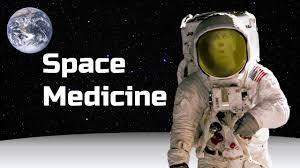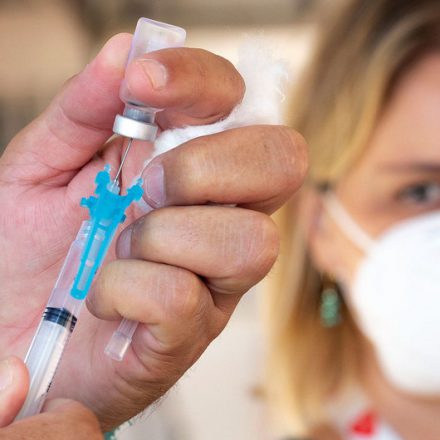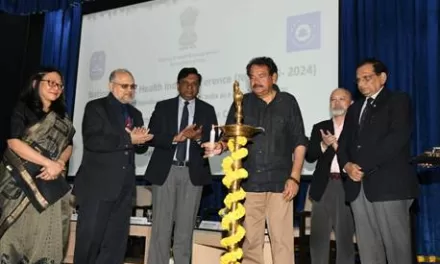The American Academy of Physician Associates (AAPA) kicked off its 2024 conference with a stellar Main Stage event featuring two pioneering astronauts: Hayley Arceneaux, PA, and Dr. Serena Auñón-Chancellor. The duo shared their unique insights into space medicine, underlining the vital role of physician associates (PAs) in the future of space exploration.
Hayley Arceneaux, renowned for her historic 2021 flight aboard SpaceX’s Crew Dragon Resilience as the youngest American and first pediatric cancer survivor to travel to space, opened the discussion by asking Dr. Serena Auñón-Chancellor about space adaptation syndrome. This condition, commonly experienced by astronauts, involves symptoms such as nausea, vomiting, and headaches, yet is notably absent from the evidence-based clinical resource UpToDate®.
“This is something that almost every flyer gets,” said Auñón-Chancellor, who spent 197 days on the International Space Station (ISS) in 2018. “You just don’t feel good. You have some nausea. Some folks vomit. You get a headache. It tends to resolve in about 5-7 days. But you don’t get 5-7 days off once you get up there. You have to get to work.”
The conversation delved into the physiological changes astronauts undergo during prolonged space flights, with substantial bone loss being a critical concern. Auñón-Chancellor highlighted the need to address these issues for future missions to Mars, citing a study that estimated a 30% bone loss even with routine exercise.
“People worry about what would happen if the astronaut fractured a hip on Mars’ surface,” she said. “But I’m thinking, ‘What horrible osteoporosis are they going to have when they return?'”
She also expressed concerns about the potential health effects of space radiation and the behavioral health impacts of extended isolation from family and friends. Arceneaux noted the additional challenges posed by limited resources on long missions.
“Limited resources not only in terms of the resources you can bring on board, but also, as the medical officer, you have to play all the roles,” Arceneaux explained. “You are the nurse. You are the specialist, especially in instances when there is a loss in communications, which is very common.”
Despite these challenges, both astronauts see a promising future for space medicine. They encouraged PAs to engage with this evolving field, emphasizing its rapid advancement.
“It used to be just the NASA astronaut corps that flew. Fairly healthy people, though you’d probably be surprised at some of the diagnoses that we waive for space flight,” Auñón-Chancellor said. “But now we are launching Captain Kirk! We’re launching people with everything [disabilities] because we can. And we should.”
She highlighted the growing need for comprehensive healthcare and a deep understanding of the physiological and psychological changes associated with space flight. Auñón-Chancellor predicted more space medicine opportunities in universities, private practice, and the military.
“I’ll tell you that it’s not just for the MDs,” she asserted. “There’s been a tremendous amount of interest across multiple specialties, including PAs, because these populations of space flyers are just going to increase. I’m inclined to call UpToDate® and tell them that they need some space medicine on the platform so people can become educated about it. Because it’s a fascinating world where the body’s entire physiology changes.”
The session ended on an optimistic note, with both astronauts inspiring the audience to consider the vast possibilities of space medicine and the critical role PAs will play in this next frontier.












